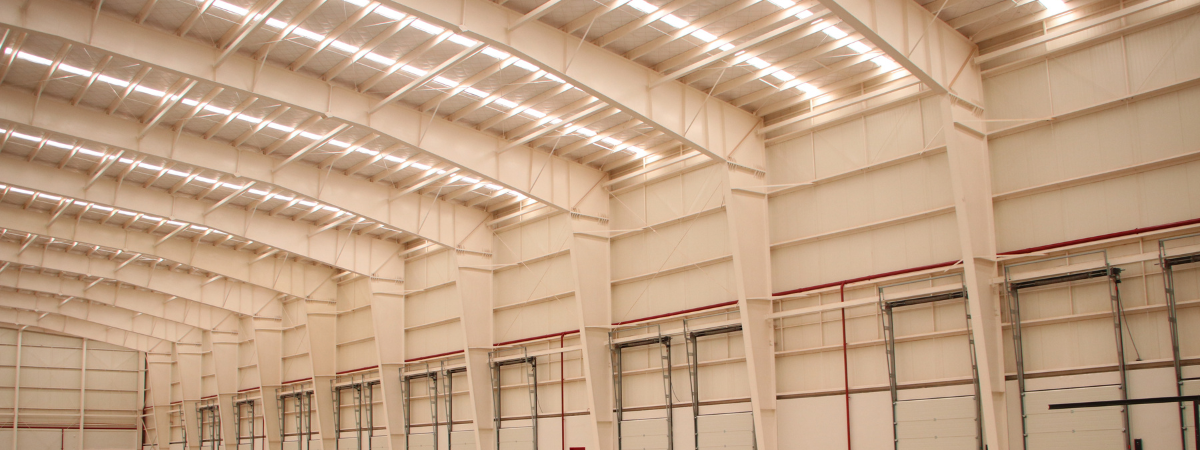

Natural lighting is an ally of Environmental Social and Governance practices
More than reducing the electricity bill, companies improve the work environment by including translucent composite tiles in their sheds.
If in the past natural lighting attracted companies only because of savings in the electricity bill, in times of Environmental Social and Governance (ESG) this alternative has gained more strength, and for other reasons.
More than just the financial aspect, sunlight improves the quality of the work environment and, as a result, has a positive impact on workers’ health. Solutions of this type also combine the use of lighting with the blocking of direct solar radiation. This prevents overheating of the building while reducing reliance on air conditioning. Result: well-being and reduction of visual fatigue for those who spend a good part of their day in an industrial warehouse.
“Natural lighting strengthens the sustainable profile of companies because consuming less, under any circumstances, preserves the environment. It is also an important ally in improving workplace conditions”, said Cyrus Muchalski, general manager of Planefibra, a Brazilian company that specializes in solutions for lighting and ventilation – it is one of the main manufacturers of composites translucent and opaque tiles from Brazil.
Depending on the dimensions of the building, the season of the year and the incidence of sunlight, Muchalski calculates that companies are able to reduce their energy bill by up to 95% with lighting during business hours. “To obtain this result, the ideal is to cover 10% of the shed area with translucent tiles.”
With a minimum useful life of ten years, composite tiles have high thermal resistance. That is, even in places where the incidence of sunlight is high, there is no risk of the roof deforming. Another advantage is the production of custom-made tiles, which adapt to the various existing roofing models. “Add to that the price, on average, 30% lower than polycarbonate tiles, the main competitor of those made of composites”, compared Muchalski.
In the last decade, Planefibra supplied 3.5 million m² of tiles to builders of logistics and industrial warehouses, home centers, supermarkets, sports centers and homes. Produced in accordance with the NBR 16,753 standard and Technical Instruction No. 10, which concerns fire resistance, the company’s tiles also have ultraviolet protection on both sides.
About Planefibra:
Founded in 2007, in the city of São Bento do Sul, in Santa Catarina, Brazil, Planefibra is a company specialized in solutions for natural lighting and ventilation through the manufacture of tiles, domus, shutters and sheets of composite materials (FRP). Its products are present in industrial, commercial and residential buildings throughout Brazil and in several countries in South America.
Autor: SLEA Comunicação
Si continúas navegando por este sitio, aceptas nuestra Política de privacidad
